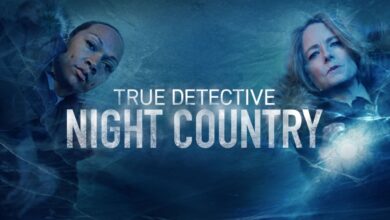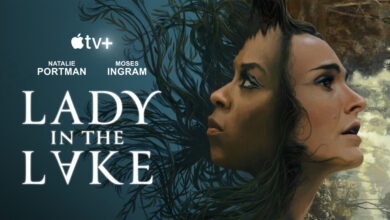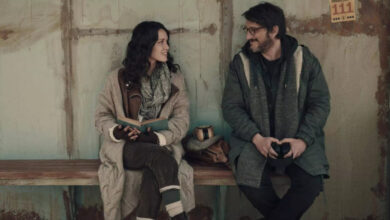Triptych Review: Presents an Interesting Thriller Story | Triada Netflix Series
Cast: Maite Perroni, David Chocarro, Nuria Bages
Director: Leonardo D’Antoni
Streaming Platform: Netflix
Filmyhype.com Ratings: 3.5/5 (three and a half stars)
Triptych aka (Triada) is the latest addition to Netflix’s collection of mystery thrillers, and it has already captured the attention of viewers worldwide. The show tells the story of a missing child and the investigation that follows, and it does so in a unique and captivating way. In this article, we will take a closer look at Triptych and explore why it is a hit among fans of the genre. Netflix has now become a great window to the world. A channel through which to enjoy works of different genres and molds, and which sometimes deviate from the products we are used to seeing on the platform. On the serial side, the mainstream giant offers its subscribers a Mexican work: Triptych. A thriller drama whose story takes inspiration from true events, although there is little information about it.
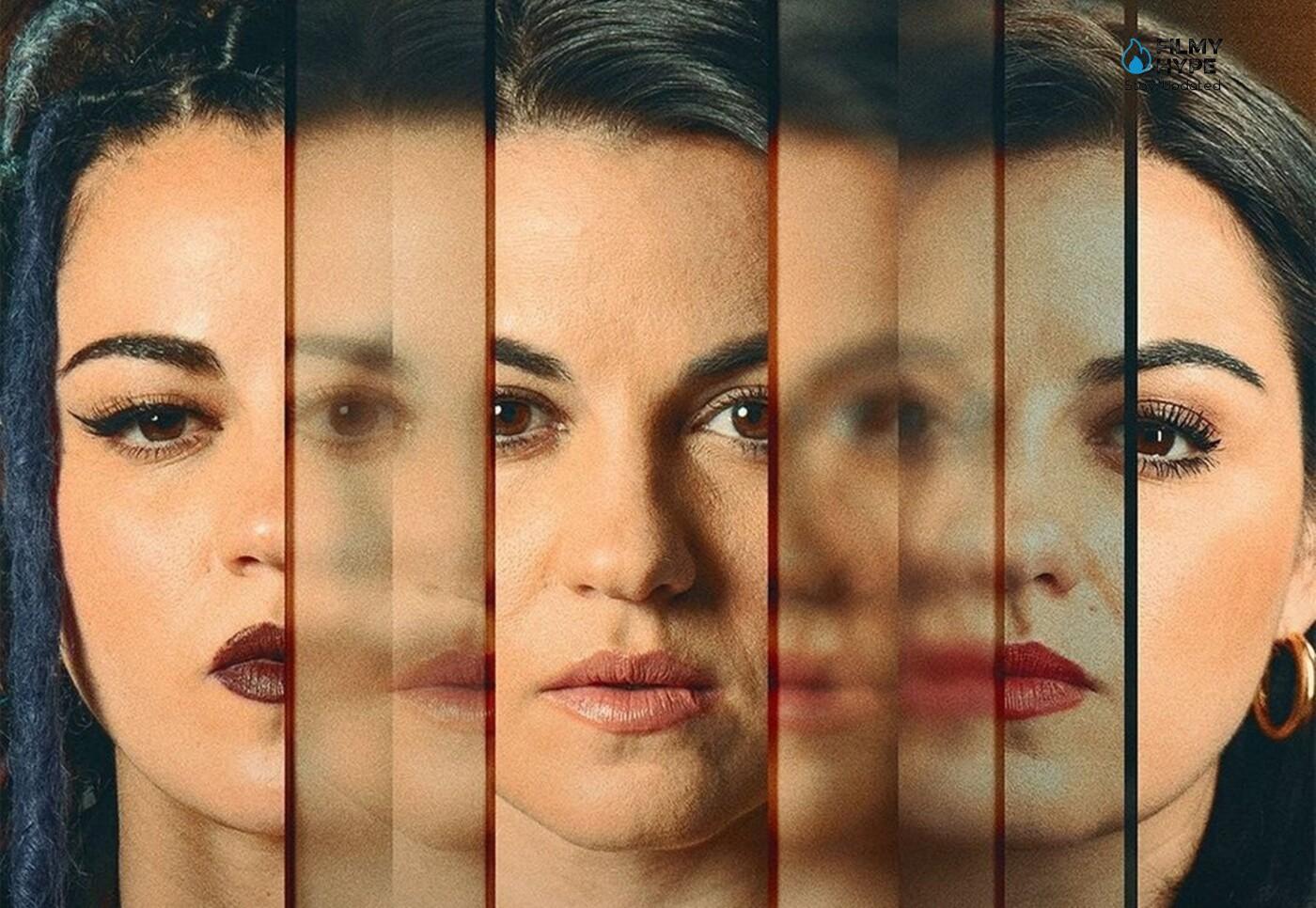
However, research made it possible to hypothesize that the story from which the series is articulated takes its cue from Three Identical Strangers. The documentary brings back to the screen the case, which became media, of triplets separated at birth who meet unexpectedly years later. A plausible hypothesis, therefore. In our review of Triptych, we will see how the narration takes a turn far from the thriller, resulting in a story whose structure leans more towards the telenovela. The fiction created by Leticia López-Margalli begins with Aleida Trujano, the president of a large international corporation that recruits high-level executives, entering a building armed in search of the psychologist Julia Bátiz. When the police arrive at the scene, she requests that they summon the media, but before that can happen, she is shot down by one of the officers.
Triptych Review: The Story Plot
Becca (Maite Perroni) leads a normal life, between home and the prosecutor’s office, until a woman identical to her, named Aleida, is killed. A shocking encounter begins to grip her thoughts. Aided by her intuition and a series of psychic connections that seem to tie her to Aleida, Becca discovers she has twin sisters: she and Tamara, a Cubist with a suspicious past. Determined to seek as much information as possible, she asks for the help of her colleague Umberto (David Chocarro), with whom she also shares the pastime under the sheets. Meanwhile, Becca decides to be joined by Julia (Nuria Bages), the psychologist who was treating Aleida, with the hope of being able to understand what lies behind their past. However, her investigations will lead her to obscure the truth and a disturbing experiment.
Triptych Review and Analysis
What would you do if you found out you had one or more twin brothers? Triptych builds its narrative discourse starting from this question. A seemingly simple question, but it takes on complex nuances and a disturbing cut when inserted into a psychological thriller. This is how the Mexican series presents itself to its audience, yet its hybrid nature emerges right from the start, in which the thriller component merges with the soap opera, from which it borrows all the peculiarities: rhythm, cliffhanger, and narrative milieu. The first shots are crucial: a woman walks distraught towards a building, visually under the influence of drugs, ready to reveal something to the world that will shock it. The story wants to immediately press its spectator, using a chaotic rhythm that immediately leads to the heart of the plot: the knowledge of a shocking truth. A truth that already appears clear from the first images, is when the real protagonist, Becca, bursts into the scene realizing that she is facing a woman identical to her.
Triptych thus provides the point of view through which to understand the events that will unfold it will be Becca who will filter the dynamics in which she will be involved with her often anguished gaze. A protagonist whose hard shell gives way, in the space of a few beats, to just a too-weak shell. Becca becomes the center from which the captivating macro-plot branches out, which however is marked very slowly in the first few episodes, so much so that it hooks the audience only towards the end. Much of the meat put on fire concerns the sentimental sphere of Becca and Umberto, to which the adulterous plot is linked, and which slows down the progression of the narrative. There is no right balance. We dwell too much on the sexual relations of the two, whose always identical representation gives the impression of exploiting them for the sole purpose of filling, affecting the thriller-crime dimension. The stiff pacing doesn’t allow for full immersion in the story, although it carries with it interesting content. It is only towards the end that we begin to have a drawing of the story, even if we can deduce the hasty writing of the final climax followed by large plot holes and a lack of – a true – explanation.
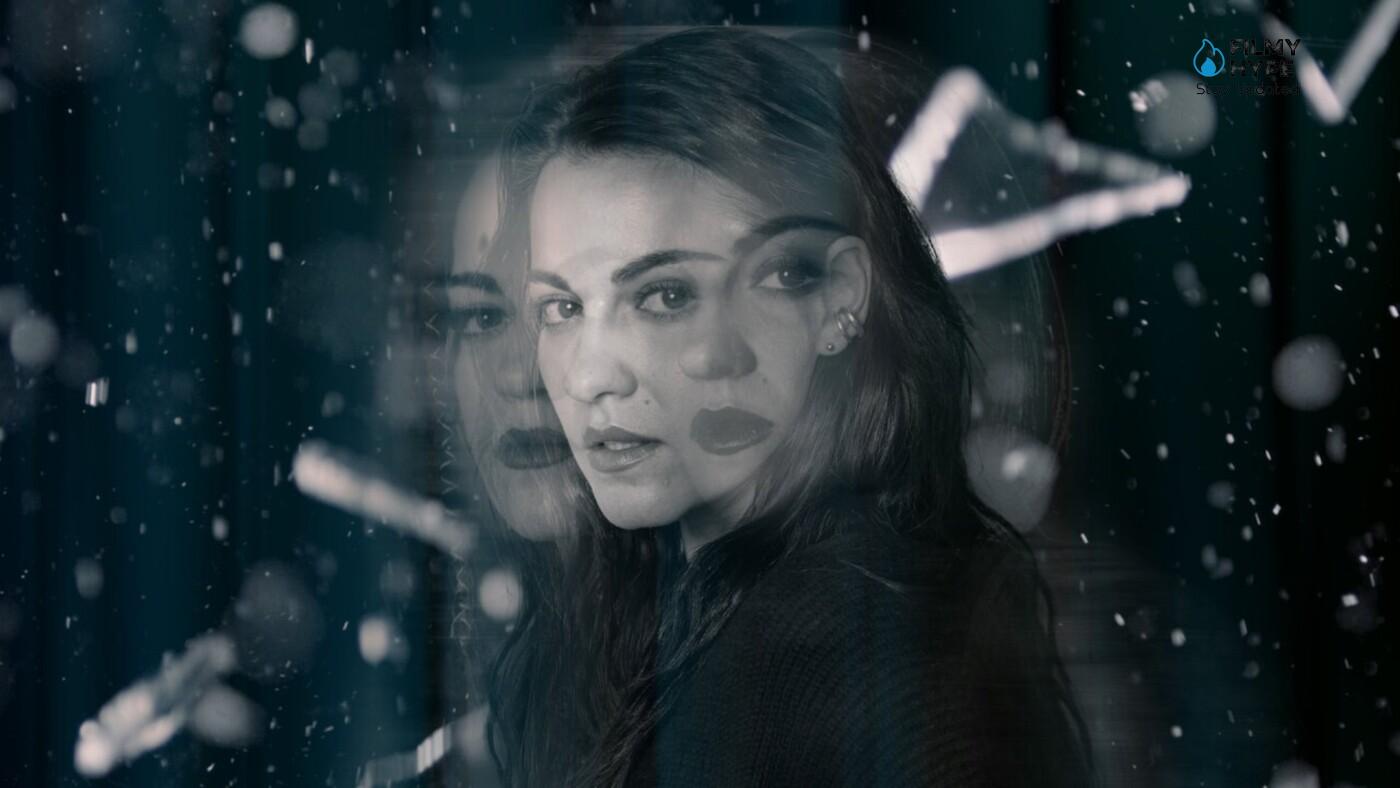
Triptych tries, albeit in vain, to tell its story on two levels: a horizontal one, represented by the mystery of triplets, and a vertical one, characterized by the search for the true I, in this case of Becca. The flow of information about the case that Becca decides to follow, in parallel with the discovery of her past, is marked by numerous flashbacks, and both these and the scenes of the present are full of drama too often over the top to be considered authentic. An excess that is very likely a legacy of Maise Perroni’s theatrical experience, a stage that saw her form as an actress and which then gave her the visibility to land in the world of telenovelas. In the mystery-drama context, however, it turns out to be a discordant note, a marked contrast that weighs down the most salient moments of pathos.
Perroni then lends his face to three different characters: Becca, Aleida, and Tamara. Three women with a different cuts of character, which however the actress fails to return in terms of acting. A gray rendering, therefore, is devoid of nuances that could characterize the individual identities, and which inevitably affect the progression of the individual story of the twins. A pity for Perroni, who could have used the opportunity to perfect himself, deciding instead to work on the histrionic level without adapting it to the serial format, which has always implied a more calibrated approach.
Triptych Review: The Last Words
Triptych presents an interesting thriller story which, however, in its evolution gets lost in digressions and staid rhythms, concluding with an ending without explanation and full of plot holes. Triptych, as a whole, appears to be a little out of place and aims to be both an intelligent thriller and a steamy telenovela. However, the most damaging aspect of it is that it borrows far too much from Orphan Black to be considered a strong original series.



